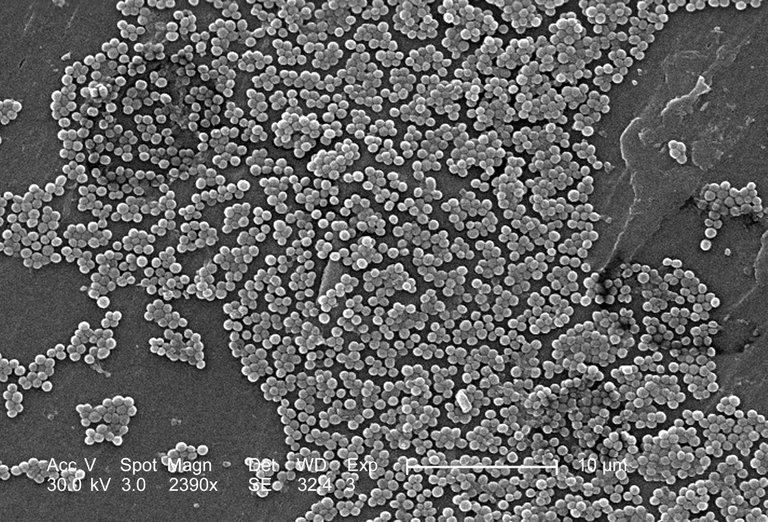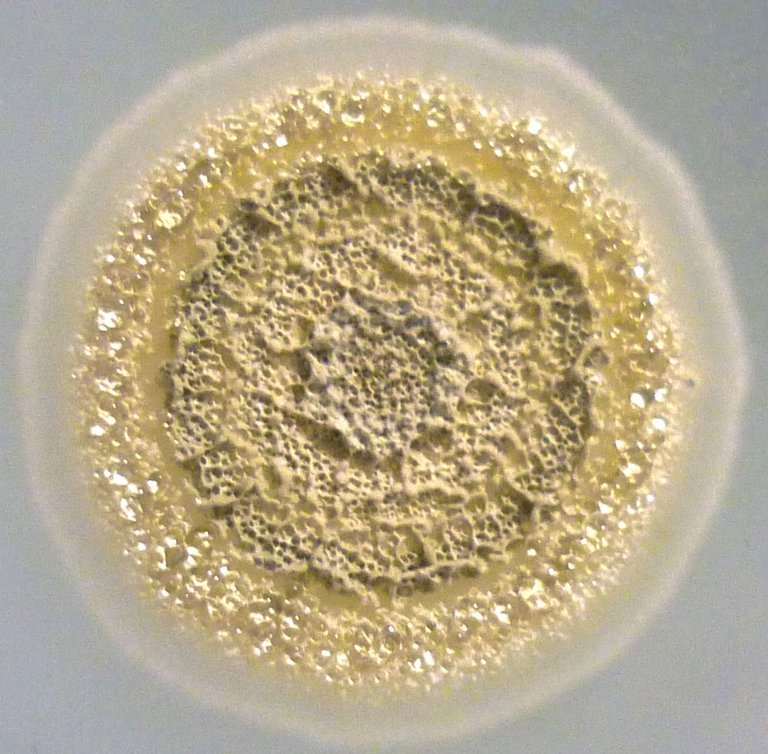Was Penicillin Actually the First Antibiotics
In my previous post, I delved into the significance of penicillin in the history of medicine and its role in combating bacterial infections. Many people have hailed penicillin as the groundbreaking discovery that revolutionized the treatment of bacterial diseases, often stating that before its advent, fatalities from these infections were alarmingly common. However, it's essential to explore whether penicillin was indeed the first drug designed to combat bacterial infections or if there were other earlier contenders in the battle against bacteria.
To answer this question, we must begin by gaining a fundamental understanding of antibiotics and the intriguing world of bacteria. While we humans are Eukaryotes with our DNA wrapped in a nucleus, bacteria are prokaryotes as they do not have their genetic material surrounded by nucleus. In addition to the cell membrane, bacteria also possesses a cell wall made up of peptidoglycan. Bacteria can be appear in different shapes and they possess different compounds such as the bacteria that causes tuberculosis has mycolic acid in their cell wall. Not all bacteria are pathogenic, some of them are free-living, and we need them.
Defining antibiotics becomes more intriguing when we trace the origin of the term "antibiosis," which essentially means "against life." According to a 1942 research publication titled "What is an antibiotic or an antibiotic substance," antibiotics are substances of microbial origin that inhibit the growth or metabolic activities of bacteria and other microorganisms. This definition offers an intriguing perspective on antibiotics, one that I find particularly appealing for our discussion.
There have been the use of mold to treat infections dating back to a very long time, as far as ancient Egypt Imhotep where moldy bread were used to treat infected wound. In central Asia, healers used moldy paste from chewed barley and apple to wound. If we are to go with that definition, mold is made up of microbes, so it is an antibiotics.
Before penicillin emerged on the scene, a fascinating 2010 study titled "Brief Communication: Mass Spectroscopic Characterization of Tetracycline in the Skeletal Remains of an Ancient Population from Sudanese Nubia 350-550 CE" uncovered traces of tetracycline in the bones of individuals from ancient Sudanese Nubia. This discovery suggests that these people ingested a substance containing tetracycline, which was derived from the bacterium Streptomyces. They likely incorporated this antibiotic into the creation of a unique type of beer, offering yet another perspective on what could be considered an antibiotic based on our earlier definition
Mauka Honey is another one also that has been for a very long time. In the article "Antimicrobial Activity of varying UMF-graded Manuka honeys", researchers explained that methylglyoxal, a chemical in the honey kills bacteria on human wounds and not only on petri dishes. This honey has been for a very long time before penicillin was founded. If we look at the definition from the 1942, could we call it an antibiotic. If we are to look at antibiotics by Waksman's definition, then Pyocyanase was the first antibiotics but again, if we revisit the 1942 definition of antibiotics, could we classify Mānuka honey as one of the earliest antibiotics?
The history of antibiotics is a rich tapestry woven with discoveries and innovations from various corners of the world and across millennia. While penicillin's contributions to medicine are unquestionable, it's important to recognize that the fight against bacterial infections has a broader and more ancient lineage.
Reference
- https://www.jstor.org/stable/3755196
- https://www.ncbi.nlm.nih.gov/pmc/articles/PMC3874686/
- https://www.visiblebody.com/learn/biology/dna-chromosomes/eukaryotic-vs-prokaryotic
- https://pubmed.ncbi.nlm.nih.gov/20564518/
- https://www.ncbi.nlm.nih.gov/pmc/articles/PMC6814216/
- https://www.ncbi.nlm.nih.gov/pmc/articles/PMC7916356/


Thanks for your contribution to the STEMsocial community. Feel free to join us on discord to get to know the rest of us!
Please consider delegating to the @stemsocial account (85% of the curation rewards are returned).
Thanks for including @stemsocial as a beneficiary, which gives you stronger support.